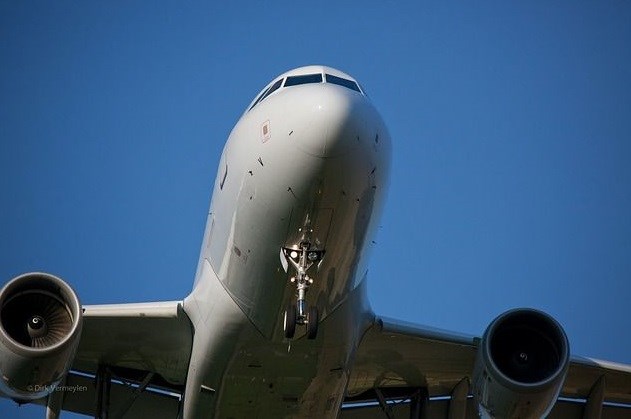
Top stories






More news


Marketing & Media
Ads are coming to AI. Does that really have to be such a bad thing?














While the global air transport sector is on track to return a $33.8bn profit in 2018, AASA predicts airlines across SADC will report a collective $300m loss for the year, with individual carriers experiencing fluctuating fortunes.
"Tourism, along with trade, is a powerful lever of growth. But they are being stunted by uncertainties. As one of the most capital-intensive sectors and a vital enabler of economic activity, the airline industry needs Southern African governments to clarify their local economic reform policies so they do not spoil the appetite for much-needed trade and investment in the region," said Chris Zweigenthal, AASA CEO.
According to AASA, demand for air transport is set to increase slowly by 2-3 % annually over the next five years, reflecting weak GDP performances in the region. "For the aviation industry to expand and fulfil its potential in supporting jobs and enabling economies to become stronger, passenger growth must return to levels greater than 5%. To accommodate the volumes, we will need to operate more flights. This will require appropriate investments in modern aircraft, in airports and in airspace management infrastructure and systems," explained Zweigenthal.
To be competitive, Southern African airlines – and the destinations and economies they serve – must differentiate themselves through excellent customer service, efficiencies and value-for-money travel, trade and tourism propositions. The value chain must work together to keep air travel safe, contain (and reduce) costs, create hospitable visa and immigration regimes, mitigate and reduce our impact on climate change and establish stable, safe and secure physical and cyber environments.
AASA identified other handbrakes applied by governments which impede air travel, tourism and their ability to deliver growth. These included airlines’ inability to repatriate their revenues from a handful of African countries, including Angola, Zimbabwe and Mozambique.
AASA also identified laws on cybersecurity and personal data protection - a few African states have drafted or promulgated cyber and data protection legislation. Those that had been passed were inconsistent, while airlines in Southern Africa were now also required to comply with the European Union’s General Data Protection Regulations if they sold or marketed services and products to EU citizens and residents.